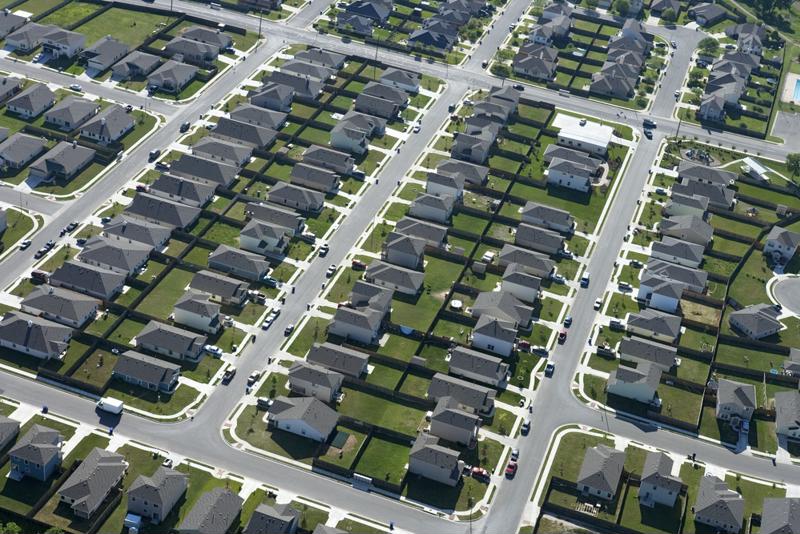

There's been much discussion over how autonomous vehicles (AVs) will impact society. From less traffic congestion to diminished greenhouse gas emissions and even totally redesigned urban centers, it's clear that once this technology becomes a common sight on our roads, big changes are going to follow.
What's more perplexing, though, is trying to foresee how AVs will change industries that aren't directly touched by transportation. Real estate is one area that won't be hit by AVs head-on, but will still likely change dramatically once they take over the roads.
Here are some of the ways a mass rollout of AVs could change commercial and residential real estate.
Transit hubs and nearby real estate
Public transportation dominates in most urban centers, and that means people flock to transit hubs like bus stations and subway stops. This is true for both commercial and residential property, and values for properties around these hotspots tend to skyrocket as a reflection of that demand.
The widespread use of AVs could have the effect of softening that demand and opening new parts of urban centers to development. While currently an office's close vicinity to a public transportation station might make it more attractive to job seekers and developers alike, ready access to AVs could make office space in other parts of the city increasingly appealing.
The same might be true for residential property. Buyers and renters tend to congregate closer to bus and subway stations to give them easier access to the city, but AVs would give them options in a much larger portion of the locality.

Decentralized living spaces
There is an expectation that AVs will make commuting easier both by reducing the amount of time it takes to reach one's destination and also clearing up daytime traffic. With commute times diminished, those employed in urban centers might decide that they no longer have to rely on actually living in the city to work there.
The result could be a reversal of the current global trend toward urbanization. By 2050, Our World in Data estimated that more than two-thirds of the world's population will live in cities, up from the 2016 rate of 54%. Commuter towns and other suburban areas may experience a boom as AVs give people the freedom to settle beyond city limits.
Conversely, coupled with the expectation that remote work will continue to be a fixture of people's working lives in the post-pandemic world, AVs might allow more people to live outside even the suburbs, leading to an even broader decentralization of communities.
Less parking, more building
One of the most highly anticipated ways AVs could change urban infrastructure is a reduction in the need for parking lots and garages. A huge portion of city space is currently devoted to parking.
Of course, the reduced need for parking space would open large sections of urban centers to property developers that were previously off-limits, vastly expanding the area in which people can live and work.
More than that, parking is a premium for property buyers and developers, and close vicinity to parking areas typically causes demand — and therefore value — to skyrocket. The cumulative effect of this change could be that other considerations — view, waterfront, etc. — could become more reliable predictors of property value.
A look into the future with Greening
AVs are coming, and they could change our communities in ways we aren't fully able to comprehend yet. While some changes seem self-evident now (like their effect on the environment), others we won't fully realize until after they've been out on the roads for a few years.
The steady changes to our downtown urban landscapes are probably going to have a lasting effect on both residential and commercial real estate, not only changing how our communities look but also how we live. But without quality brakes, none of this will be possible. Greening Testing Laboratories is a fully certified brake testing lab that provides a variety of brake testing services worldwide. Contact Greening for a complimentary consultation.